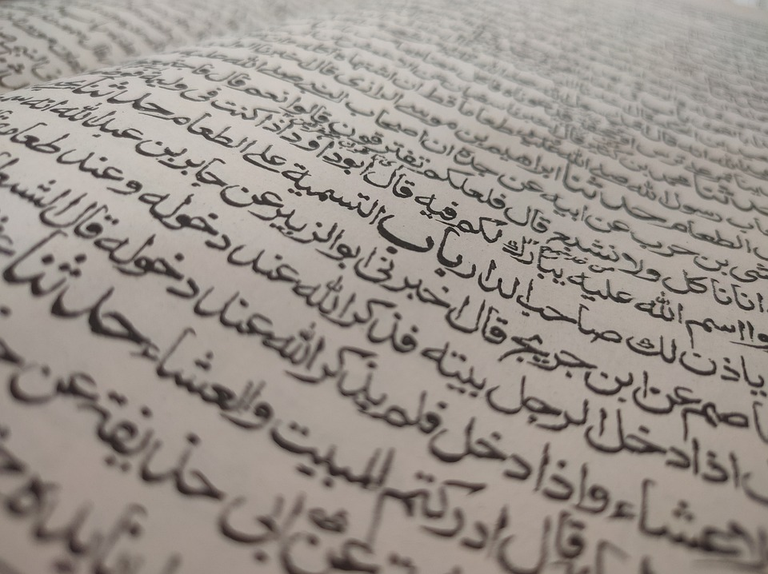Assalamu Alaikum Wa Rahmatullahi Wa Barakatuhu,
Today we will learn about Hadith and it's importance in Islam.

According to the Islamic point of view, Hadith is a collection of sayings, actions, and teachings of the Prophet Muhammad (peace be upon him) that were transmitted by his companions and preserved by subsequent generations of Muslims.
Hadith serves as an important source of guidance for Muslims, as it provides practical examples of how to apply the teachings of the Quran to everyday life.
Muslims consider the Hadith to be second only to the Quran in terms of authority and importance.
The Hadith is also used to clarify and explain the meanings of verses in the Quran that may be ambiguous or require further explanation.
The Hadith is divided into different categories based on their level of authenticity, with the most reliable Hadith being those that can be traced back to the Prophet Muhammad (peace be upon him) through an unbroken chain of reliable narrators.
The process of verifying the authenticity of Hadith is known as Hadith authentication, and it is a complex and rigorous process that involves evaluating the reliability of each narrator in the chain of transmission.
The term Hadith literally means "narrative" or "report," and it refers specifically to the recorded sayings and actions of the Prophet Muhammad (peace be upon him).
Hadith was transmitted orally for several generations after the death of the Prophet (peace be upon him) until it was eventually written down in collections known as Hadith books.
The study of Hadith is a specialized field within Islamic scholarship, and scholars who specialize in this field are known as Hadith scholars or Muhaddithun. They use a range of tools and methodologies to evaluate the authenticity and reliability of Hadith, including evaluating the character and reliability of the narrators in the chain of transmission, analyzing the content of the Hadith for consistency with Islamic teachings and principles, and comparing the Hadith with other Hadith and with the Quran.
One important aspect of Hadith scholarship is the classification of Hadith into different categories based on their level of authenticity as we've discussed it earlier. Hadith is classified as Sahih (authentic), Hasan (good), or Da'if (weak), depending on the level of reliability of the chain of narrators and the content of the Hadith itself.
Sahih Hadith is considered to be the most reliable and widely accepted as authoritative source of guidance for Muslims. Hasan Hadith are also considered to be reliable, but they are not as strongly authenticated as Sahih Hadith. Da'if Hadith, on the other hand, are considered to be unreliable and are generally not accepted as sources of guidance.
Overall, the Hadith plays a central role in Islamic theology, law, and spirituality, providing guidance and inspiration to Muslims around the world.
